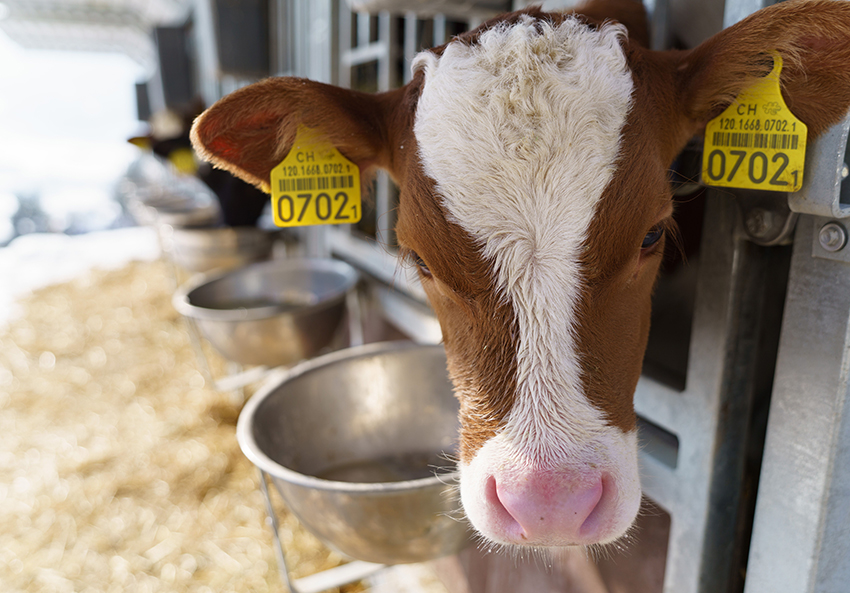One of the critical issues that directly affects production efficiency in animal husbandry is hygiene management. Especially in dairy farms, hygiene is indispensable not only for animal health, but also for product quality, equipment life and business sustainability. The products used during routine operations such as milking, cleaning and shelter maintenance that are repeated every day determine the standard of milking hygiene.
THE IMPORTANCE OF HYGIENE ON THE FARM
Lack of hygiene can cause both infections in animals and contamination of animal products such as milk. Udder health in particular is an area where pathogenic microorganisms can multiply rapidly. If the milking machine, teat and milking environment are not clean enough; serious problems such as mastitis can occur.
With a good hygiene routine:
- Mastitis and other infections are prevented,
- Milk quality is preserved,
- Animal welfare is increased,
- Labor and treatment costs are reduced.
PRE-MILKING PREPARATION: IODINED FOAM SOLUTIONS
Cleaning and disinfecting teats before milking is a critical step in reducing microbial contamination. Iodine foam solutions used at this stage provide both physical cleaning and antiseptic effects.
Benefits:
- Removes dirt and pathogens on the teat surface,
- Cleans without damaging the skin surface,
- Has formulations that prevent skin dryness,
- Stays on the surface for a long time thanks to its foam form.
POST-MILKING PROTECTION: IODINED BOTTOM SOLUTIONS
After milking, teats are more sensitive to external effects and more open to microbe penetration. For this reason, it is recommended to protect with iodine-based bottom solutions after milking.
These products:
- Provide long-term protection against microorganisms,
- Helps prevent teat cracks,
- Reduces the risk of mastitis by creating a hygienic barrier.
CIP CLEANING AGENTS: INDISPENSABLE IN EQUIPMENT CLEANING
On farms, not only animals but also milking machines, milk tanks and pipelines need to be cleaned regularly. Acidic and Alkaline CIP cleaning agents are used for this purpose.
- Acidic CIP Agents: Removes lime and mineral deposits.
- Alkaline CIP Agents: Dissolves oil and protein residues.
These products prevent bacterial growth that may occur in equipment, do not leave residue after cleaning and extend the life of the equipment.
FORMALDEHYDE: HIGH EFFECT IN DISINFECTION
Formaldehyde (CH₂O) is one of the frequently used components in farm hygiene as a strong disinfectant. It is especially preferred in foot baths, equipment surfaces and some specific cleaning applications.
Advantages:
- Broad-spectrum germicidal effect
- Long-term durability
- Economic use
CONCLUSION: HYGIENE SHOULD BE A DAILY HABIT
Hygiene management on farms is not a one-time operation; it is a process that must be carried out in a regular, planned and disciplined manner. Thanks to milking hygiene, equipment cleaning and environmental disinfection applications, the risk of disease is reduced, production quality is increased and operating costs are reduced.
Faser Kimya offers sustainable cleaning solutions for both large and small cattle enterprises with a product range specially developed for each stage needed in farm hygiene.
Hygiene is not a preference, it is a prerequisite for efficient production.


